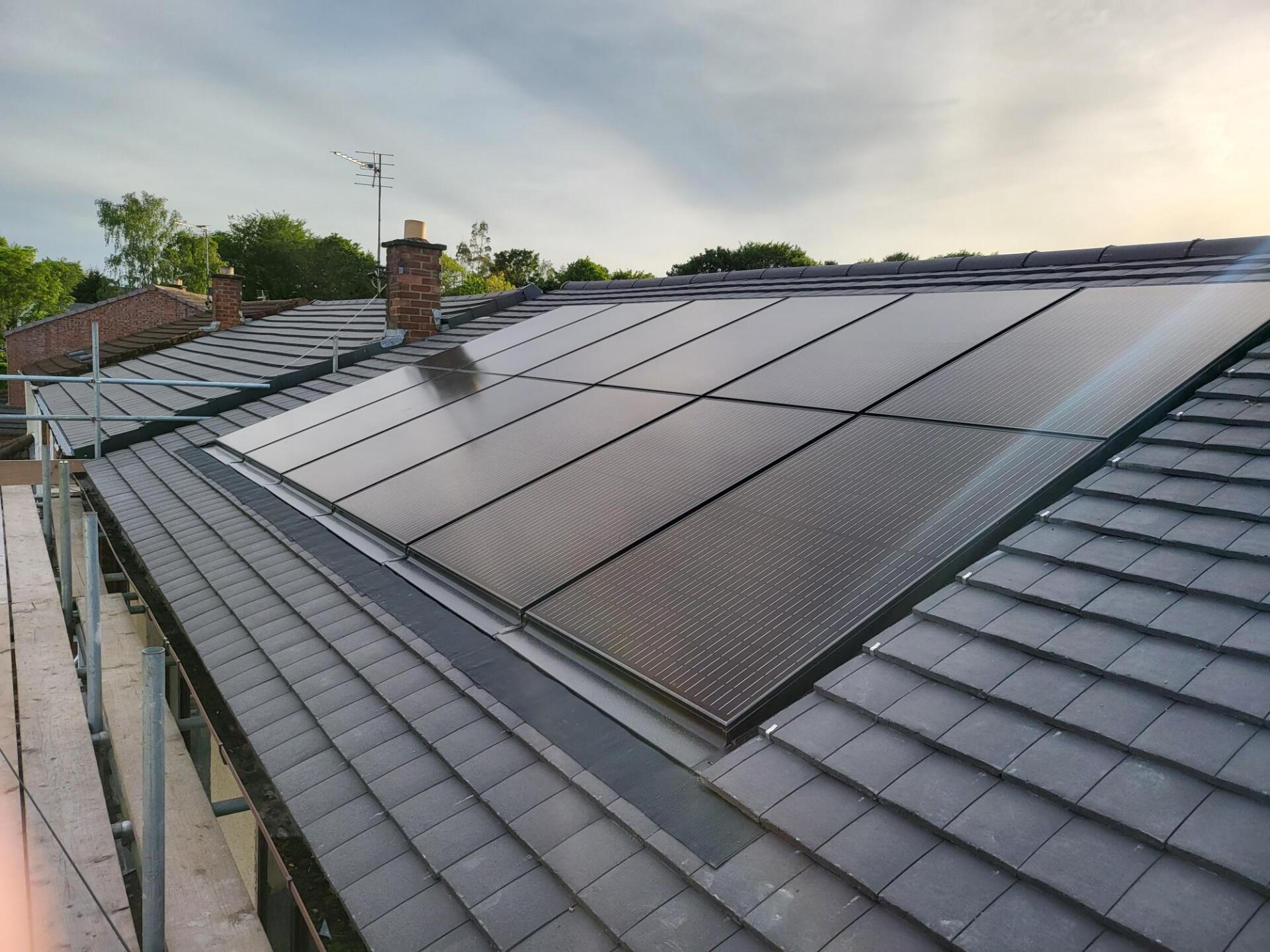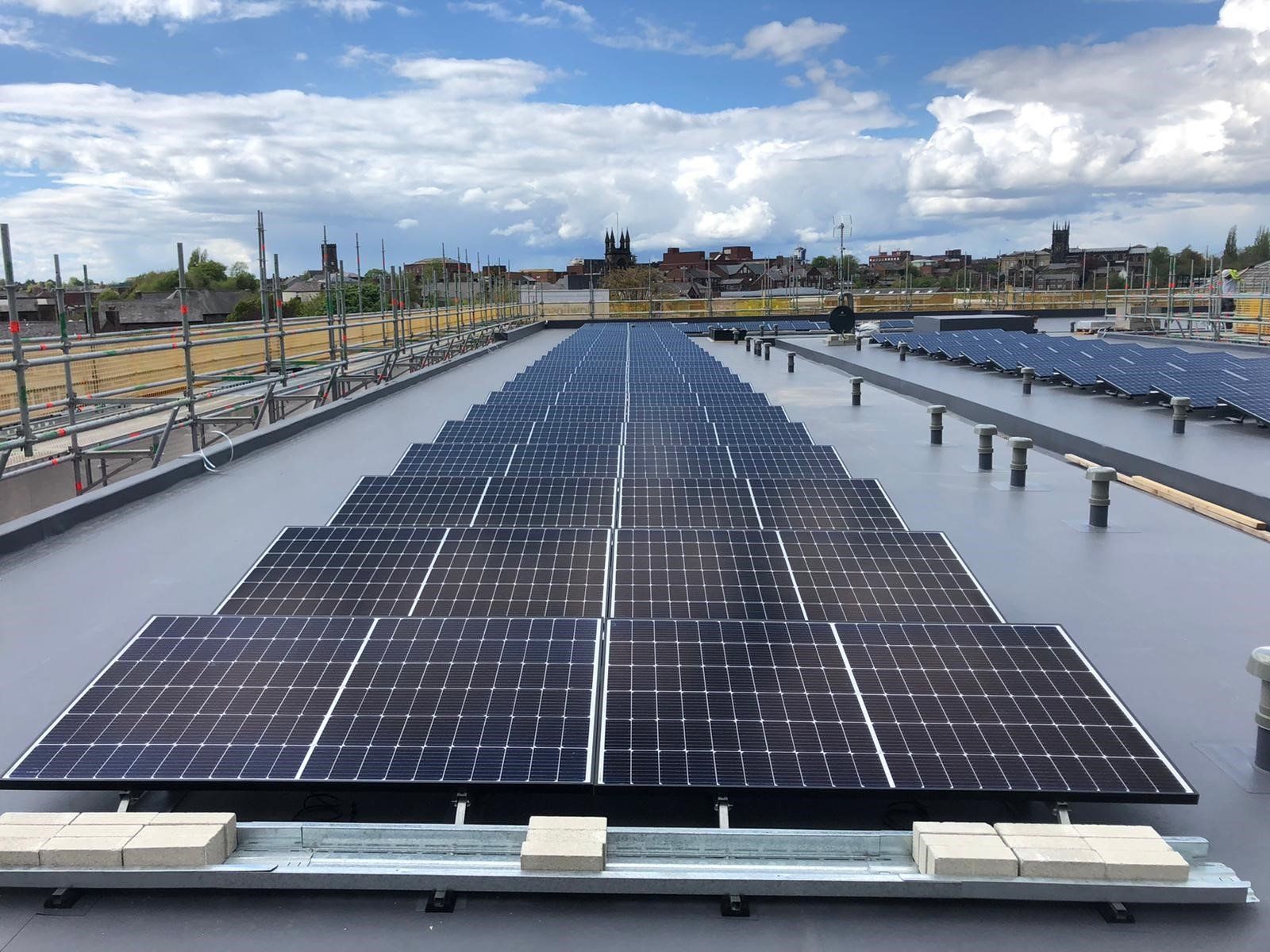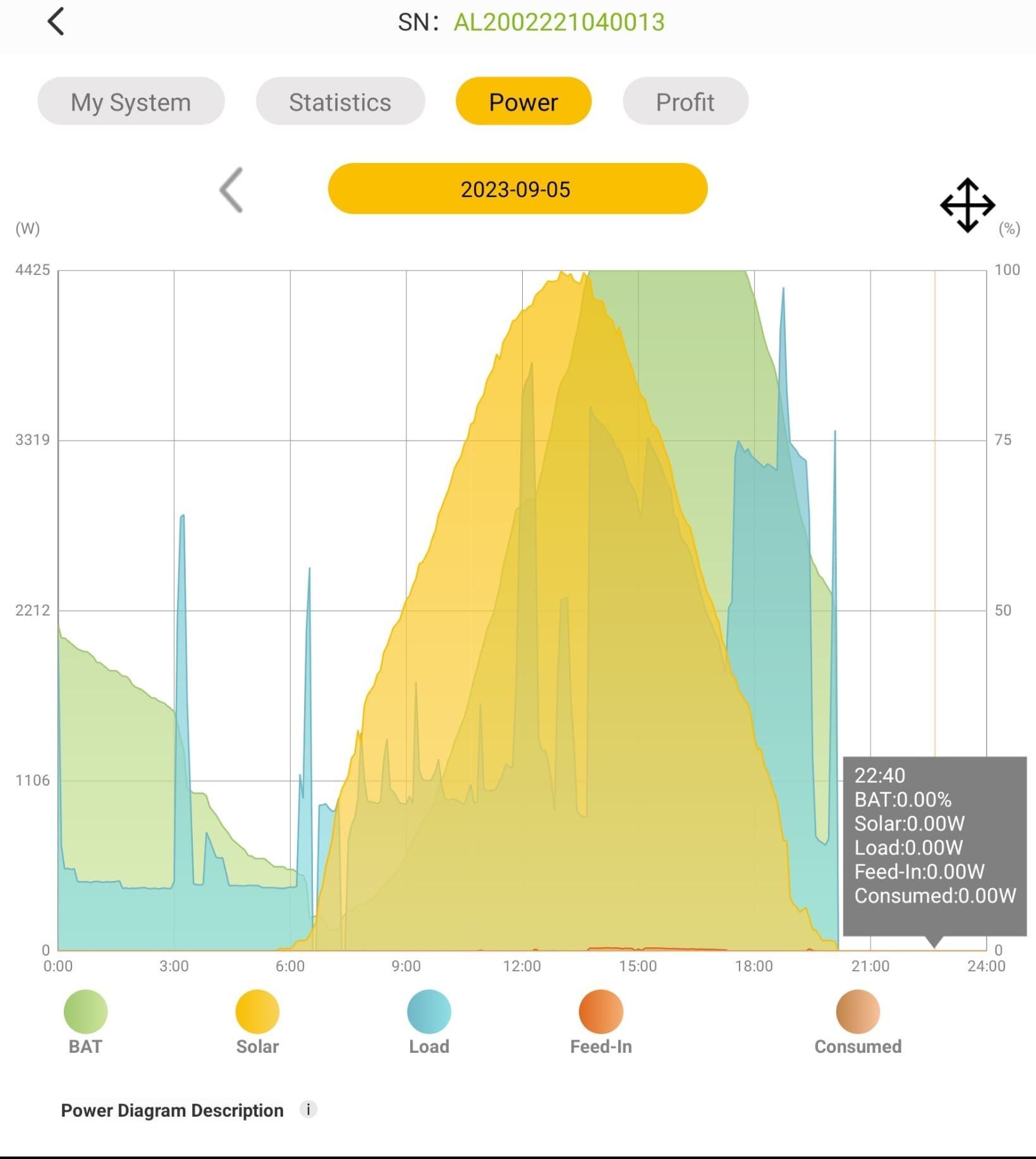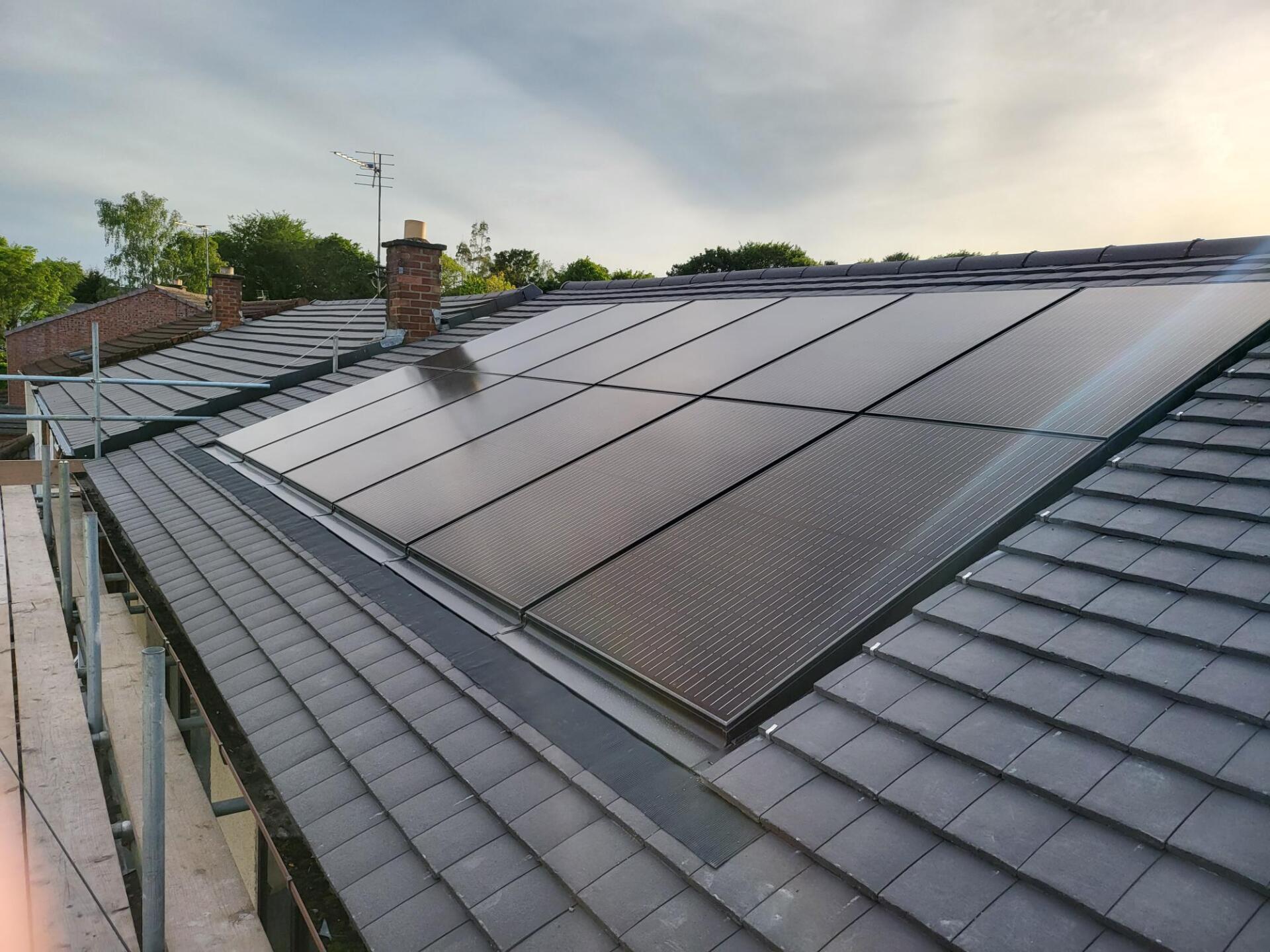Navigating the Maze: A Guide to Current Electricity Costs in the UK
Soaring energy prices have become a harsh reality for UK households, making understanding electricity costs more crucial than ever.

Decoding Your Electricity Bill: Saving Money in the UK's Energy Maze
Feeling lost in the labyrinth of UK electricity charges? You're not alone. Soaring energy prices have hit households hard, making understanding your bill more important than ever. This blog is your guide, helping you navigate the complexities and potentially save some cash.
The Price Cap: A Lifeline (for Now)
Let's start with the big picture: the energy price cap. Set by regulator Ofgem, it limits the maximum unit price suppliers can charge on standard variable tariffs. As of January 2024, it's £1,928 for a typical direct debit household. While higher than previous periods, it's still below 2023's peak.
Beyond the Headline: What Affects Your Bill
The price cap is just one piece of the puzzle. Your actual bill depends on several factors:
- Energy Usage: The more electricity you use, the higher the cost.
- Tariff Type: Fixed tariffs offer stability, while variable ones fluctuate with market prices.
- Payment Method: Direct debit typically gets you lower unit prices than prepayment meters or paper bills.
- Location: Regional variations in distribution can affect your bill.
Understanding Unit Prices and Standing Charges
The price cap limits unit prices (pence per kilowatt-hour, p/kWh). As of January 2024, the average is 28.62 p/kWh, but this varies by region and supplier. Standing charges are fixed daily fees, regardless of usage. The current average standing charge is 53.35 pence per day.
Taking Back Control: Strategies to Save
Now that we've demystified your bill, let's explore ways to potentially reduce your costs:
- Shop Around: Compare prices and switch to a better deal. Use Ofgem's price comparison tool or independent switching services.
- Embrace Efficiency: Simple steps like switching off lights, using energy-saving appliances, and adjusting your thermostat can make a big difference.
- Consider Alternative Tariffs: Fixed tariffs offer peace of mind, while smart meters and time-of-use tariffs reward off-peak energy usage.
- Seek Support: If you're struggling, contact your supplier or organizations like Citizens Advice Bureau or National Energy Action.
A Glimmer of Hope for the Future?
The immediate future is uncertain, but there are reasons for cautious optimism. Wholesale energy prices have fallen recently, and the price cap is expected to decrease later in 2024. Additionally, the government is investing in renewable energy and improving energy efficiency in homes and businesses.
Knowledge is Power!
By understanding electricity costs and exploring cost-saving strategies, you can take control of your household finances. Stay informed, stay empowered, and let's work together for a brighter future of UK energy costs!
We Want to Hear From You!
Leave any questions or comments below. Let's keep the conversation about UK electricity costs going!
Additional Resources:
- Ofgem: [Ofgem website ON GOV.UK]
- Citizens Advice Bureau: [Citizens Advice website]
- National Energy Action: [National Energy Action website]







